We are awhirl with travel, first to Napa Valley this weekend to the wedding of John’s niece, Lara, and to visit Bev’s niece Miriam and family in Mountain View, CA and then on … John to Nepal and Bev to Bangladesh.
John’s assignment in South Sudan was challenging with difficulty establishing secure access to the very troubled part of South Sudan, and donor reluctance to fund services there because of the failed peace agreement (signed since he left). He did observe first-hand the on-going harsh conditions that many South Sudanese continue to experience. We ask for your continued prayers for peace and prosperity for people living in that country.
Just this week, John accepted a one year assignment in Nepal to direct Oxfam’s earthquake response program which is very large and well-funded. Please pray for him and his staff that they will have the wisdom to be effective and accountable to the beneficiaries who have experienced loss of home and assets (as well as injury and loss of loved ones), and to the many people around the world and governments who have donated funds. As winter is approaching there is a need to implement quickly the shelter, livelihoods and water/sanitation projects. This disaster didn’t get the coverage it deserves, so take a look at the impact of two recent earthquakes on the web.
Bev hopes to join John the end of October when she finishes her field work in Bangladesh.
It has been good to spend time in Kansas. Bev revived some old “skills’ helping with cattle and fixing farm equipment and fences. The quiet of the low-populated high prairies and beauty of the flint hills and streams has been rejuvenating.
John and Bev wish you a wonderful valley autumn. We hope to see you later this year or early 2016.
John Augsburger and Bev Stauffer

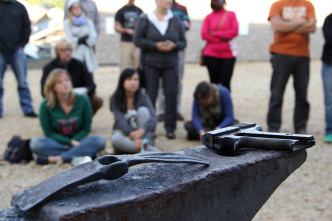
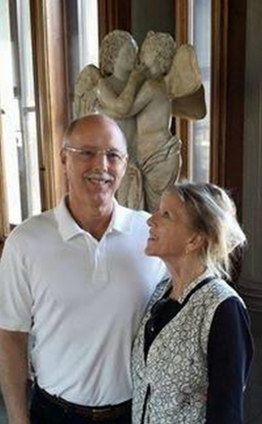
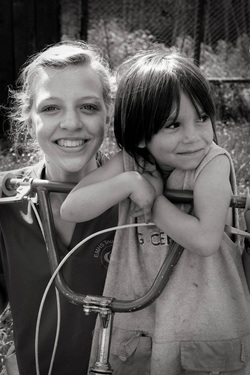
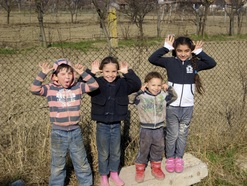
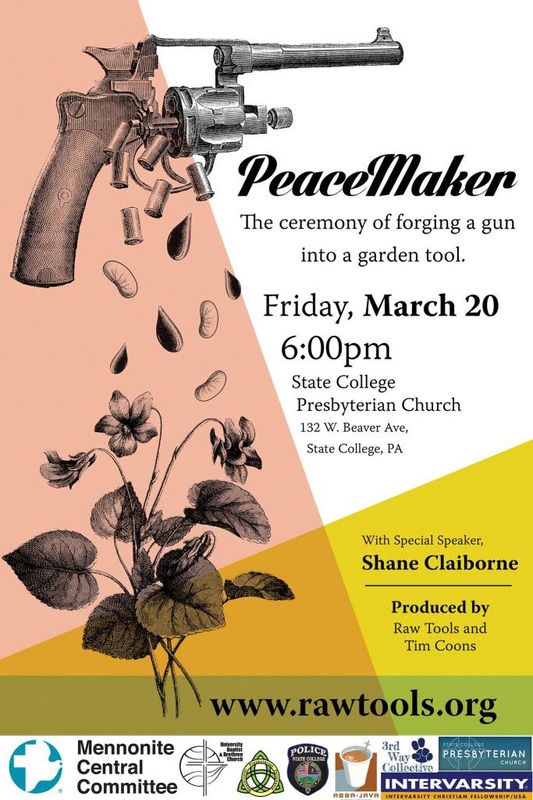
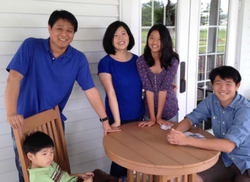
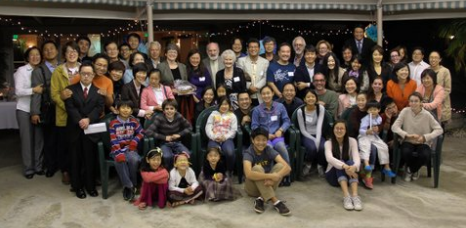
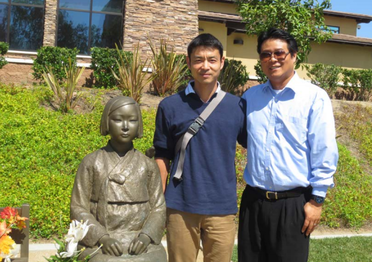
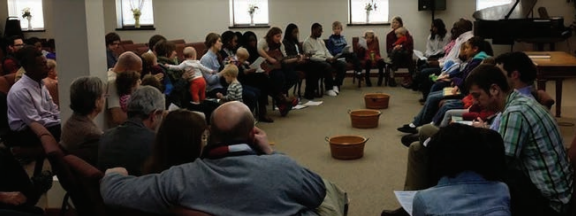
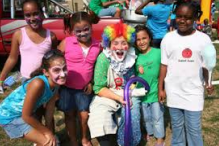
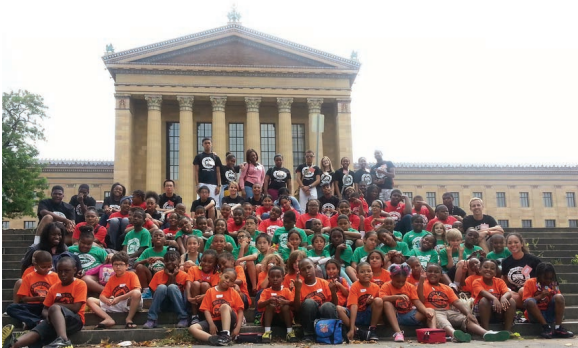
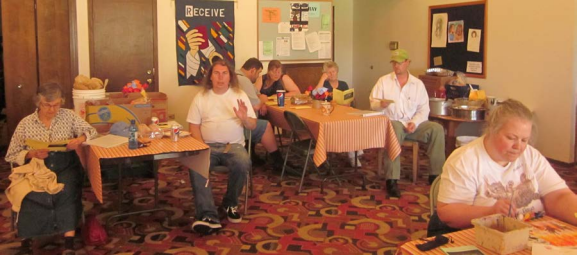
 RSS Feed
RSS Feed
